Industry commentator and media specialist Leo Kok sees tough times ahead for the automotive sector in his latest submission Coronavirus and Car Sales.
South Africa sold 574 new vehicles last month, which is more than the zero sales that some analysts expected but is a massive 98,4 per cent down on the same month last year. One should consider that no vehicle dealer was allowed to trade, so the sales were either a carry-over from last month or sales to essential service providers by manufacturers themselves.
Follow Double Apex on Instagram and Facebook where we share more car content.
Naamsa, the industry body, say that most of the sales – 304 to be exact – were made by Ford, followed by Toyota in second with 93 sales. Divided into the main segments, there were 105 passenger vehicles sold, 318 light commercials (pick-ups, panel vans and people carriers) and there were 151 medium, heavy, extra heavy trucks and busses.
Check out a set of unusual home-built bakkies by clicking here.
Markets down across the world
In some ways, South Africa in lockdown beat some of the largest vehicle markets in the world. For instance, in India, writes Autoblog, no single car was sold in the past month. This is a massive loss for one of the world’s largest new vehicle markets that sells, based on last year’s numbers, an average of 230 000 cars every month. Indeed, the Society of Indian Automobiles (SIAM) says that the industry is losing over $300 million per day in lost sales and production costs. That is an incredible $6,6 billion every month.
Further north several European markets also experienced no sales in the past month. Of the European manufacturers VW has perhaps been the most vocal about their loss of sales and production. They recently said to German media that they were only able to sell cars in China and that they as a company were losing 2,2 billion Euro every single week.
In the United States we should see the impact of Covid-19 and regional lockdowns over the next couple of months, but their market in April is over 50 per cent down compared with the same month last year. In China, the world’s largest auto market, sales for the first quarter of the year dropped by 42 per cent to 3,7 million vehicles.
End of the beginning or the beginning of the end?
Back home the government’s Department of Trade, Industry and Competition (DTIC) this week offered a bit of hope to the industry by allowing vehicle retail sales to return, albeit at relatively low levels. This is good news for local vehicle manufacturers, some of whom have slowly restarted production. These manufacturers have been calling for retail, and supporting industries such as vehicle registration centres, to reopen to allow them to offset their newly produced vehicles.
With car dealers now allowed to open, partially at least, there should be some room for optimism. Yet many are still worried about the state of the market, with one CEO commenting that it remains unclear if we are at a turning point or at the start of a long-term decline in vehicle sales.
Large financial service providers such as WesBank say that sales should be supported, at least partially, by the low interest rates and cheap petrol price. But others say that private buyers are going to be very cautious about how and when they spend money, with fewer people willing to commit to a 72-month instalment sale after emerging from an unprecedented pandemic.
Dealers and vehicle manufacturers should also not expect large corporates will take up the slack. Many companies have themselves been battered by the recent pandemic and will also not be quick to buy large vehicle fleets. This is also true for the government and the vehicle rental industry, with the former rather spending their money on relief efforts and the latter still closed for an indeterminate time.
What will the future buyer look like?
The current water cooler discussion revolves around what the post-Covid private buyer will look like.
Some analysts expect that buyers will return to dealers sooner than expected, but that we may see them buy down into smaller or more affordable vehicles. Others say that dealers will have to work much harder for every sale, since buyers now have the upper hand and will likely push hard for extras or discounts and will play different dealers against each other.
We will soon see who was right as dealers reopen their doors and manufacturers start producing vehicles again. Regardless of whether the optimistic or pessimistic view holds sway, we can be sure that 2020 – with the sales and vehicle production already lost – will record one of the lowest sales years in recent history.

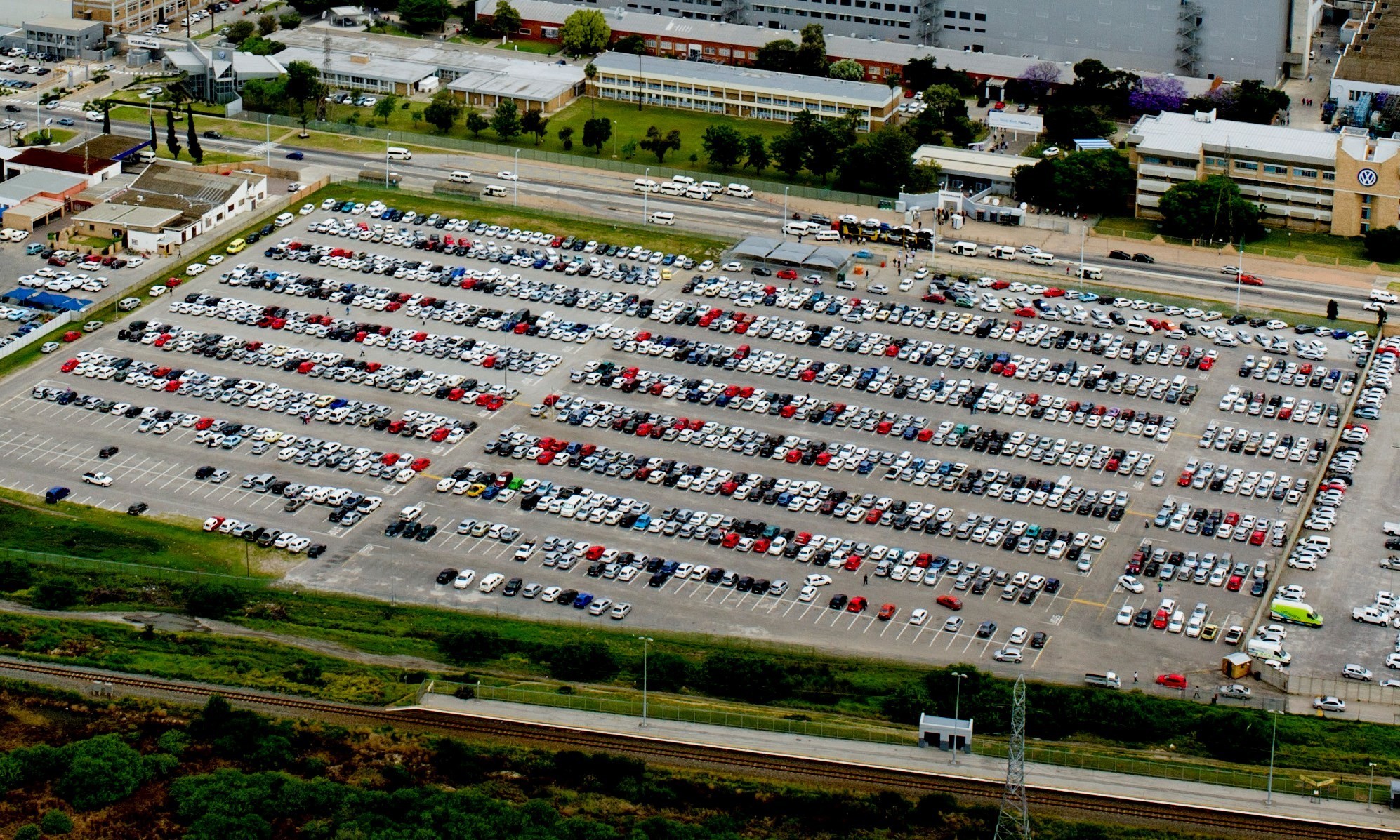
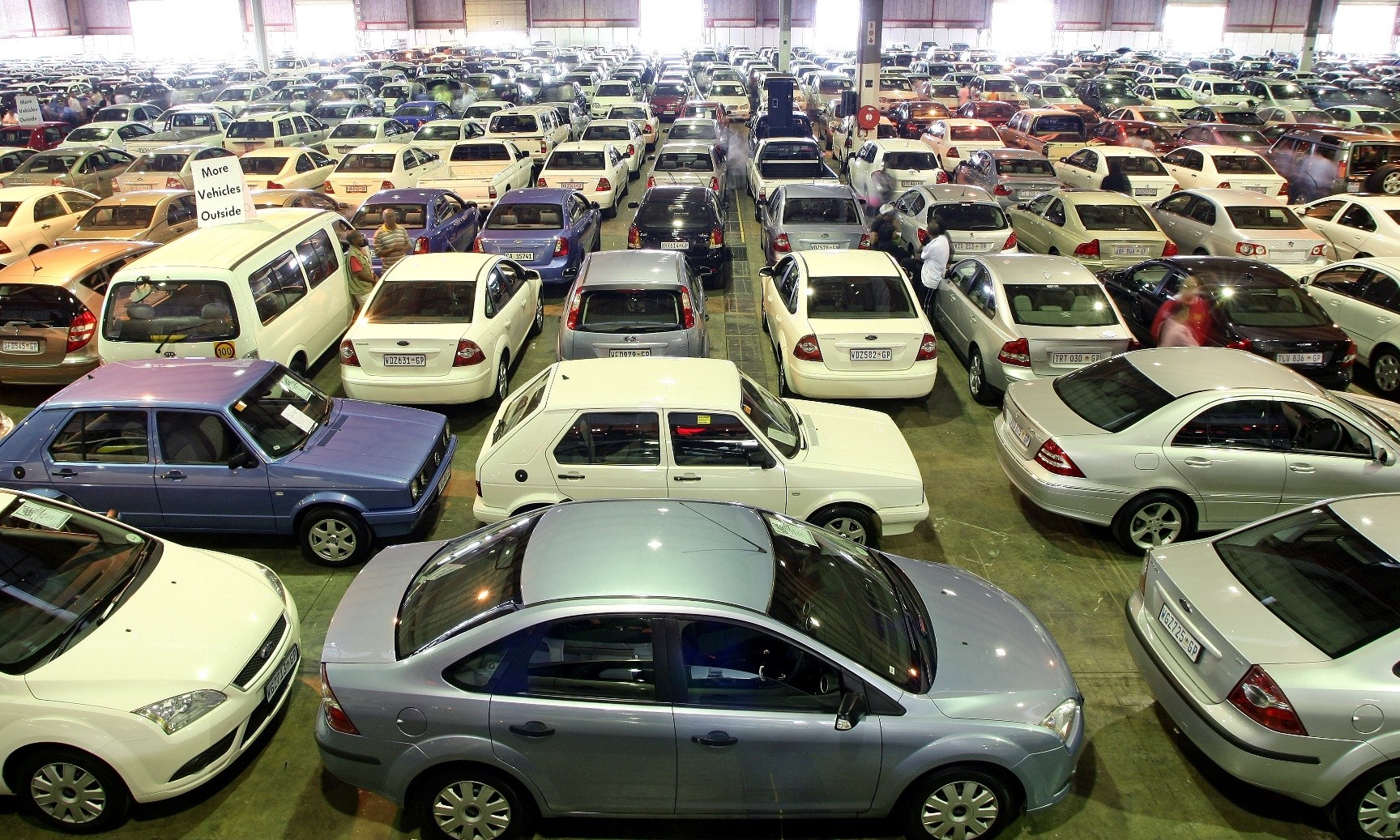
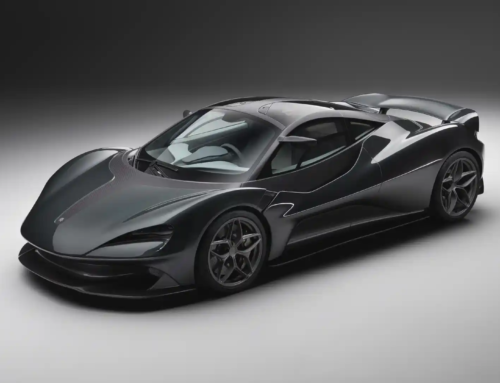
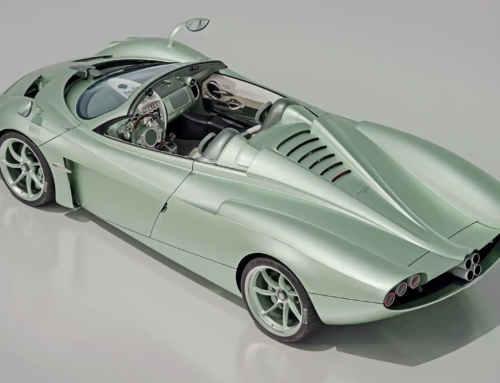
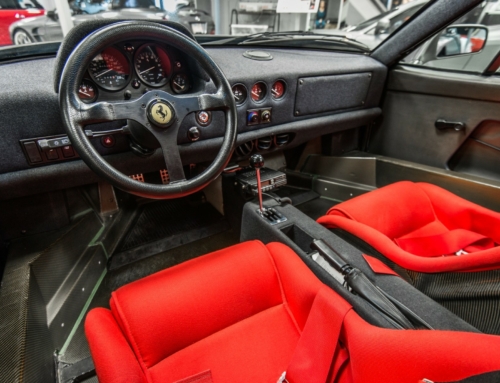
![[UPDATED] Mazzei Formula Five Is One Man’s Obsession](https://doubleapex.co.za/wp-content/uploads/2024/08/Mazzei-Formula-Five-500x383.jpg)
Leave A Comment